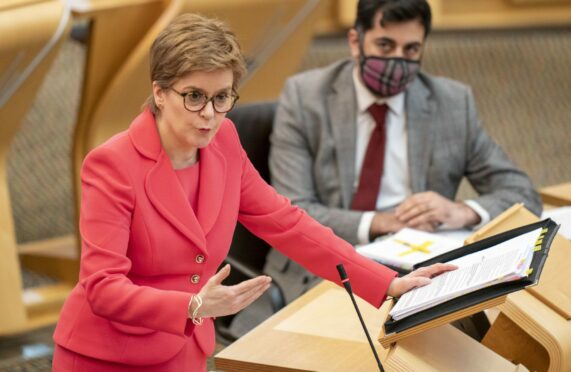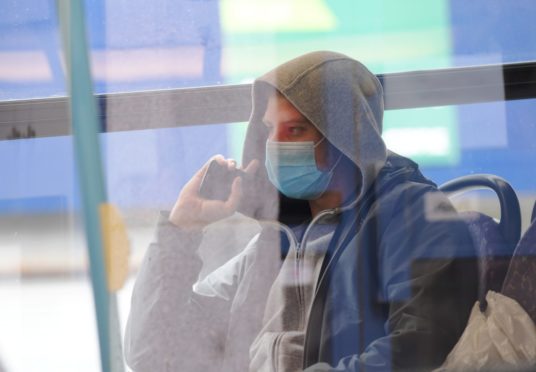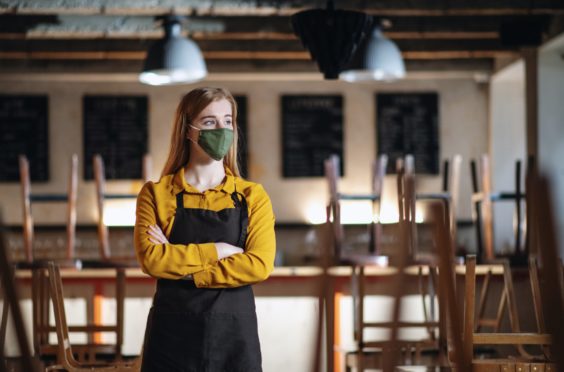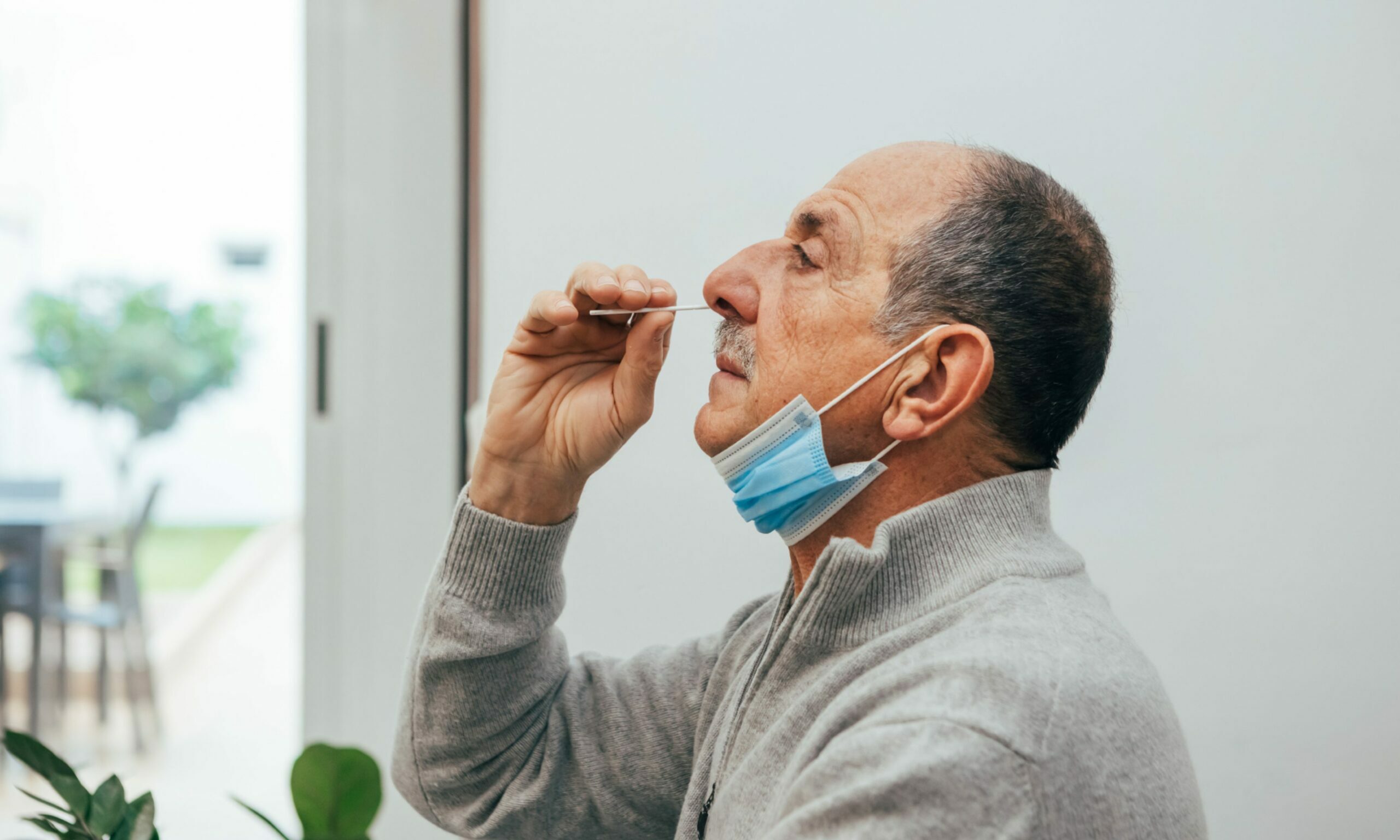Scots will have to keep wearing masks for longer as Covid cases surge – but rules are relaxing for tests, businesses and contact tracing.
First Minister Nicola Sturgeon confirmed nearly all legal virus measures will be scrapped from Monday March 21 as vaccines continue to reduce the risk of serious illness and death.
As Scotland tries to adapt to the virus, here is everything you need to know about changes to the rules.
1. Face coverings are here for longer
The first minister said it will remain a legal requirement to wear masks in shops, public transport and some other indoor settings.
Ms Sturgeon had indicated last month she would scrap face coverings by March 21 as Covid rules were gradually eased.
However, she told parliament on Tuesday it was “prudent” to retain mask measures for at least two more weeks due to the recent surge in positive infections.
More than 38,000 Scots have tested positive since Saturday, causing alarm among experts and concerns about the impact of rules.
The SNP leader will update Holyrood in two weeks and indicated the law may be scrapped then after another review.
There were clear tensions about how to adapt the rules.
On March 14, chief medical officer Sir Gregor Smith said he believed the Scottish Government should take a “cautious” approach.
Scottish Tory leader Douglas Ross said Scotland was becoming “stuck” with certain Covid rules as he asked the first minister to scrap mask mandates entirely.
Ms Sturgeon admitted the mask announcement was “disappointing” for businesses, but said it would provide “additional protection” for vulnerable Scots.
2. No more contact tracing in restaurants
Bars and food venues will no longer need to carry out contact tracing from March 21.
Members of the public were forced to hand over their details to businesses when they first reopened again last spring to ensure they could be traced if Covid cases emerged.
But venues will no longer have to comply with government guidance aimed at stopping the virus from spreading. They will still have to keep rules on mask-wearing.
3. All travel restrictions lifted
International Covid travel curbs applying to Scotland will be removed from Friday March 18.
The first minister admitted she had some “concerns” over the move which is being made in line with Westminster.
But she said Scotland could be left at an “economic disadvantage” if more restrictive rules remained in place.
The SNP boss warned travel limitations could still be reintroduced in future if a dangerous new Covid variant emerges.
4. Testing will be ‘wound down’
Mandatory and recommended Covid testing will be wound down gradually from the end of March.
The first minister complained she had little choice but to follow England on policy because of Westminster restrictions on funding.
While the SNP intends to follow the same long-term approach as England, Ms Sturgeon said she thinks some testing measures should stay in place for longer.
Asymptomatic testing has already ended south of the border – and testing for those who think they have the virus will end on March 31.
Ms Sturgeon wants Scots without symptoms to keep checking themselves for Covid twice a week until after Easter.
Anyone who is not asymptomatic will be able to access PCR testing until the end of April.
From May 1 the Scottish Government will aim for a targeted testing regime to protect those who are vulnerable and work in the NHS.
Ms Sturgeon said: “Let me stress that for any purpose for which we continue to advise testing, access to tests will, in Scotland, remain free of charge.”
No changes were announced to self-isolation rules, with infected members of the public still expected to quarantine for seven days.
5. Children will start getting Covid vaccines
Youngsters aged between 5-11 will be able to get their first Covid jab from March 19.
The Scottish Government had initially held back from vaccinating primary school children as experts deliberated over whether they should be included.
But letters were sent out at in recent days to families with young children offering them the chance to receive the jab.
Extra boosters for elderly and vulnerable Scots will also be rolled out in the weeks to come to ensure they can continue to fight off the worst effects of Covid.



